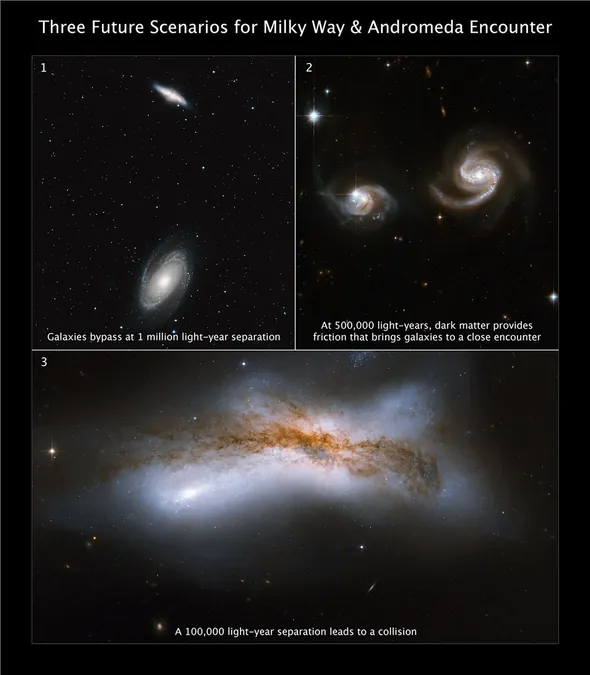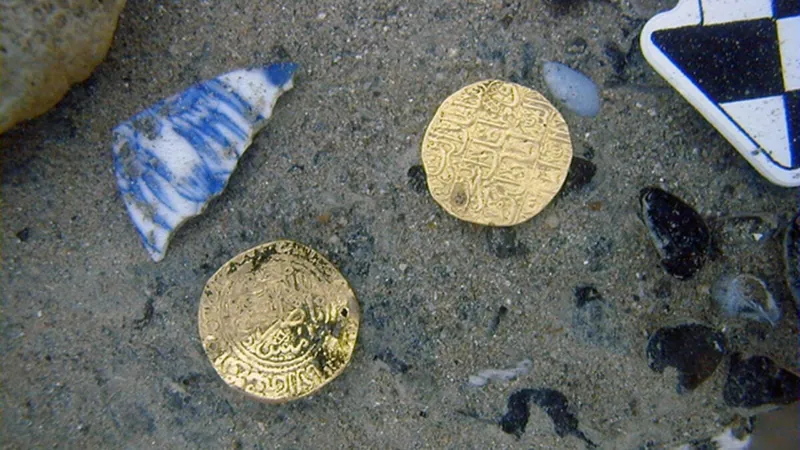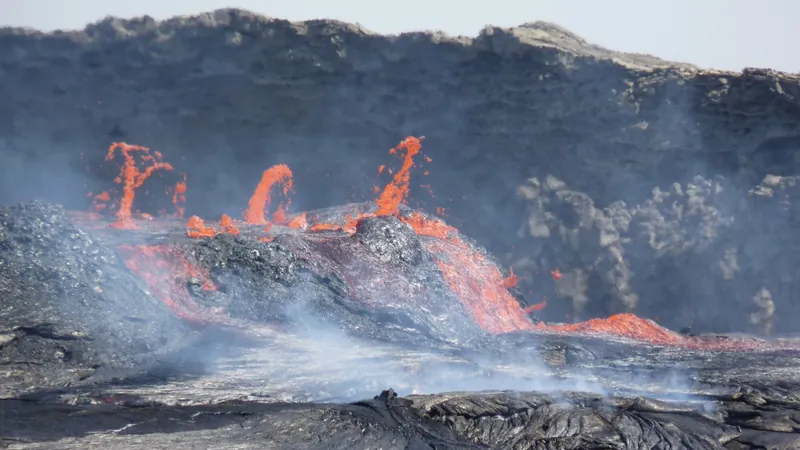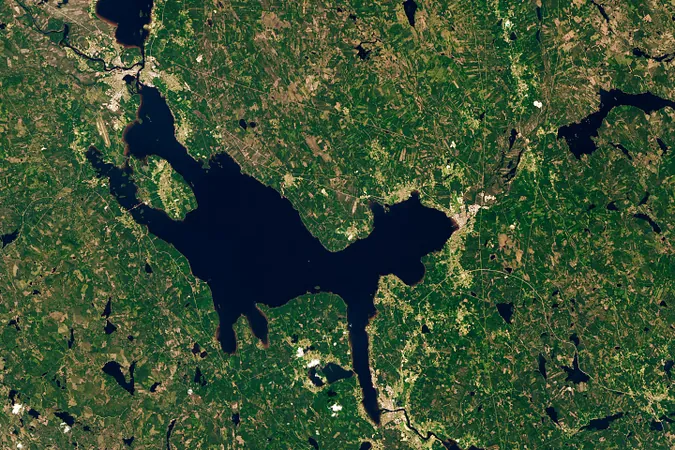
Astounding New Findings: Will Our Galaxy Collide with Andromeda or Not?
2025-06-03
Author: Jacques
A Cosmic Coin Toss: The Fate of the Milky Way Revealed!
In a groundbreaking study published in *Nature Astronomy*, astronomer Till Sawala from the University of Helsinki reveals that the possibility of a collision between the Milky Way and our neighboring Andromeda galaxy is not as certain as once thought. With a 50-50 chance of merging in the next 10 billion years, new simulations challenge previous predictions.
The Game-Changing Research Team Behind the Findings
Sawala, alongside researchers from Durham University, University of Toulouse, and the University of Western Australia, conducted an extensive analysis that incorporates all recent observational data. Their findings introduce a dramatic twist to what astronomers believed about our cosmic neighborhood.
Unraveling the Uncertainty of Galactic Fate
"Predicting long-term galaxy interactions is fraught with uncertainty," says Sawala. Despite having the latest data, the results suggest that the previous assumption of an inevitable merger might be premature. With an almost equal probability for either a collision or a peaceful coexistence, the future remains tantalizingly ambiguous.
How We Got Here: A Look Back at Predictions
Back in 2012, scientists Roeland van der Marel and Tony Sohn declared, based on Hubble observations, that a collision could occur within 5 billion years. However, with more advanced analysis and data, the current study reveals that complexity has increased the uncertainty regarding the event.
100,000 Simulations Paint a Detailed Picture
This research isn't just conjecture. Utilizing 100,000 Monte Carlo simulations and analyzing 22 distinct variables over the next 10 billion years, astronomers have made significant strides toward understanding this galactic showdown.
The Inner Workings of the Cosmos: What Happens Next?
These simulations show that our galaxy and Andromeda might not collide after all. In many scenarios, they pass by one another, separated by distances that could still allow them to orbit indefinitely without crashing.
What's Affecting the Stars? The Role of Satellites
The gravitational influence of Andromeda’s satellite galaxy, M33, and the Milky Way's Large Magellanic Cloud adds another layer of complexity. While M33 could nudge the Milky Way closer, the LMC might actually cause it to veer away from a collision course.
Why the Collision Might Not Matter—At Least Not Anytime Soon
Even if we do see a head-on collision, which has only a 2% chance of happening in the next 4 to 5 billion years, it's worth noting that our Sun will likely make Earth uninhabitable long before that. With the Sun projected to burn out in roughly 5 billion years, the fate of the Milky Way may be among the least of our cosmic concerns.
Hubble's Legacy: Still Unlocking the Universe's Secrets
For over 30 years, the Hubble Space Telescope has been at the forefront of astronomical discovery, making astonishing contributions to our understanding of the universe. Operated by NASA and the European Space Agency, Hubble continues to redefine our perspective on cosmic phenomena.









 Brasil (PT)
Brasil (PT)
 Canada (EN)
Canada (EN)
 Chile (ES)
Chile (ES)
 Česko (CS)
Česko (CS)
 대한민국 (KO)
대한민국 (KO)
 España (ES)
España (ES)
 France (FR)
France (FR)
 Hong Kong (EN)
Hong Kong (EN)
 Italia (IT)
Italia (IT)
 日本 (JA)
日本 (JA)
 Magyarország (HU)
Magyarország (HU)
 Norge (NO)
Norge (NO)
 Polska (PL)
Polska (PL)
 Schweiz (DE)
Schweiz (DE)
 Singapore (EN)
Singapore (EN)
 Sverige (SV)
Sverige (SV)
 Suomi (FI)
Suomi (FI)
 Türkiye (TR)
Türkiye (TR)
 الإمارات العربية المتحدة (AR)
الإمارات العربية المتحدة (AR)